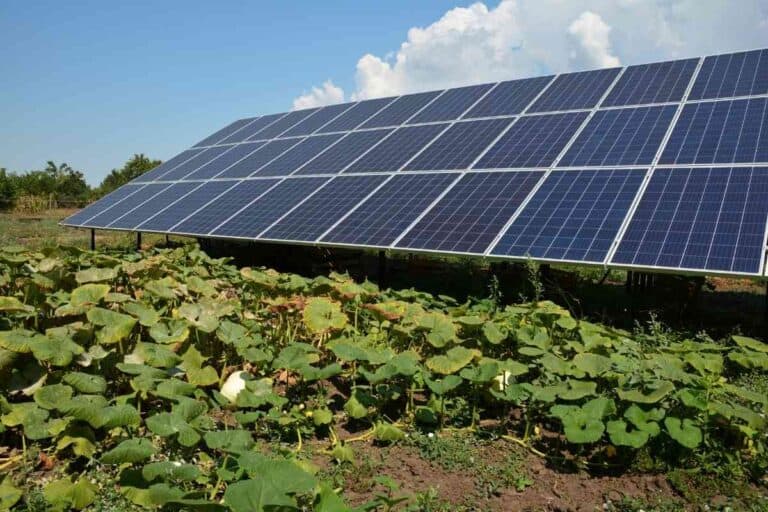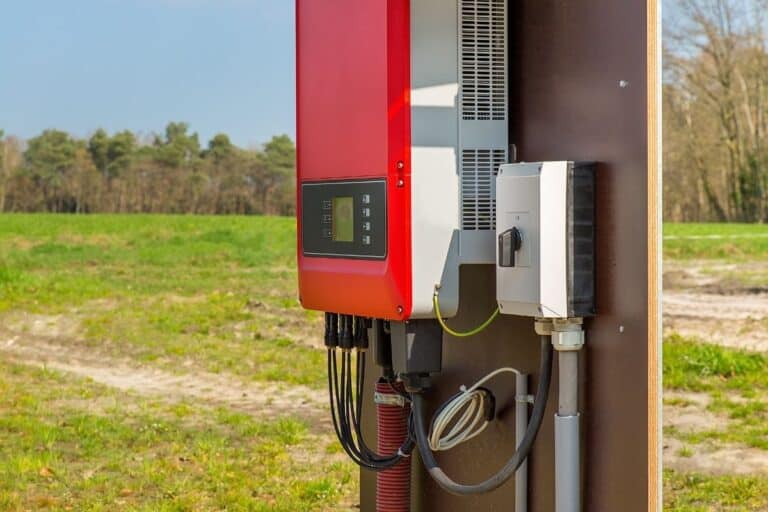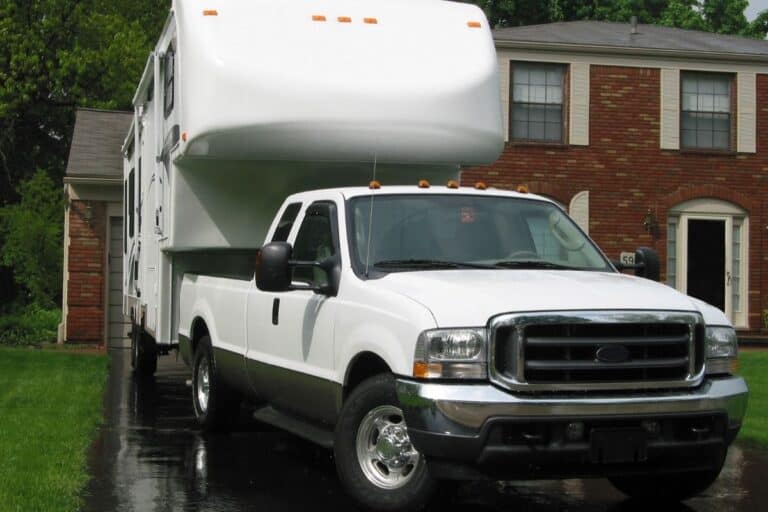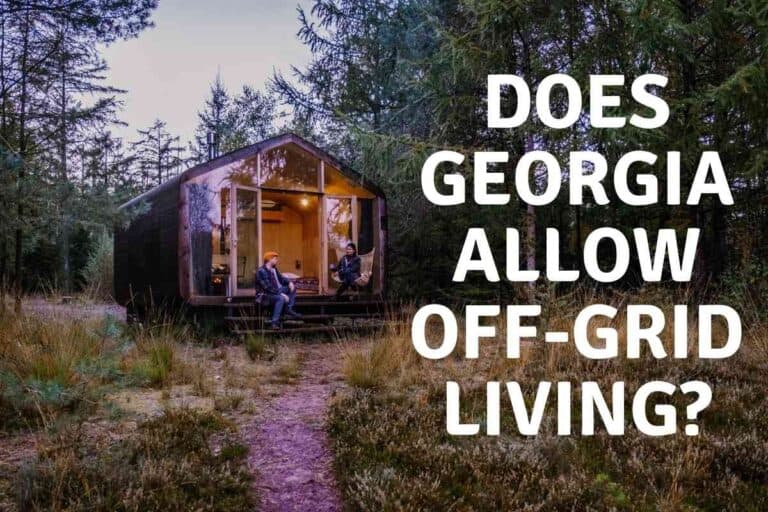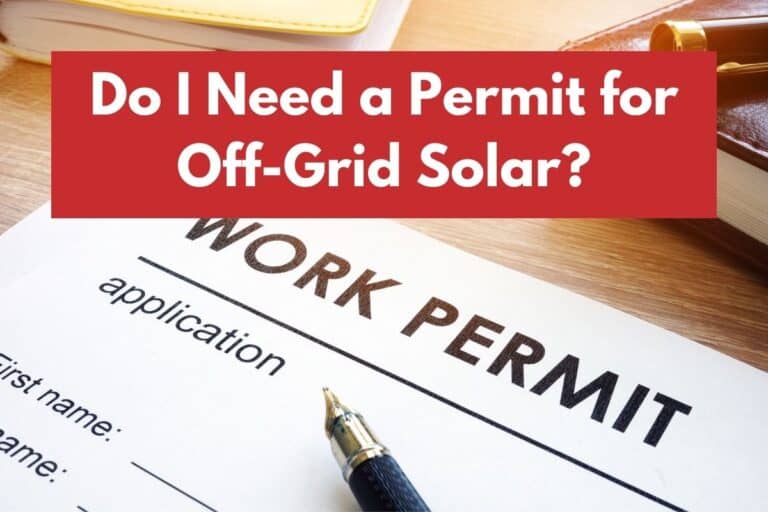Campground Electrical Outlets: What Plugs Do Campsites Use For RVs?
Not all campgrounds are the same. These campgrounds use different electrical plugs and some may not offer what your RV uses. Because you will ultimately need to connect your RV to a power source, it is important that you research what a specific campground offers before you travel.
What Plugs Do Campsites Use For RVs?
Campsites use 30 Amps or 50 Amps plugs for RVs. You will find only one of these plugs, never both, but some campsites do not offer electric hookups.
It is important to know what type of plug your RV uses and research what plug the campsite offers. If your RV does not use the plug provided at the campsite, it is important that you bring an adapter to change the amperage so that your RV can find power. Read on to learn more about campsite electric hookups.
What Types of Plugs Do Campsites Offer for RVs?
Campsites are different and so are RVs. The standard amperage for RVs is either 30 Amps or 50 Amps, and you can figure that one with ease by looking at the RV specs online or from the manual. Small RVs do not need much power to run, so they usually hook up to a 30-Amp outlet.
Large RVs hook up to 50-Amp outlets. These units come with two air conditioning units and several other amenities that need more current to run.
A 30-Amp RV comes with a plug that has three prongs and a 50-Amp plug has four prongs. This is the easiest way to identify the kind of plug that your RV uses. The 50-Amp plugs are common with Class A and Class C RVs, while 30-Amp plugs are fitted in Class B RVs.
Another way to tell the amperage that your RV uses is to check the electrical panel. It will indicate the exact amperage you should plug in.
The 30-Amp plug offers 120 Volts, which generates up to 3,600 Watts of power. On the other hand, the 50-Amp plug offers 240 Volts, which comes through two 120-V live wires. This generates 12,000 Watts of power for your large RV.
How Do I Connect an RV to a Campsite Plug?
Research a campsite to know the exact electrical outlet they offer. Most campsites will offer both, but some may only offer a single outlet. Regardless of the outlet a campsite has, you need to bring an adapter to change the amperage in case the provided plug does not fit in your RV.
To do the connection, you need to first switch off the breaker so that there is no power running when you are connecting the plug. There are some supplies needed to make the connection.
You will need a heavy-duty power cord to connect your RV to the outlet. Get one of these cords from the hardware stores and use it at every campsite you visit. Most of these cords allow you to use an adapter and are designed to use with RVs specifically.
A good power cable comes with a locking device that ensures your electrical connection is safe. Your cord should be at least 25 feet to give you sufficient reach. To get the best, a 50-foot cable will serve you even better.
Next, you may need a power adapter. Also known as dogbones, power adapters allow you to connect your RV to different electrical outlets. Research which power adapters are safe to use and carry with you wherever you go.
Adapters may have a low amperage plug on one side (the female) and a high amperage receptable on the other end (male). These adapters may have a 50-Amp male and a 30-Amp female while others that are safe to use have a 50-Amp male receptable on one side and a 15-Amp female plug on the other end. You can also go with a 30-Amp receptacle and a 15-Amp plug adapter, and it will serve you just right.
You should avoid plugs that come with a very small cord connecting to a large power source. Such cords can cause an overload of power, which is a safety hazard. You should also stay away from an adapter with a high amperage male plug and a low amperage female receptable.
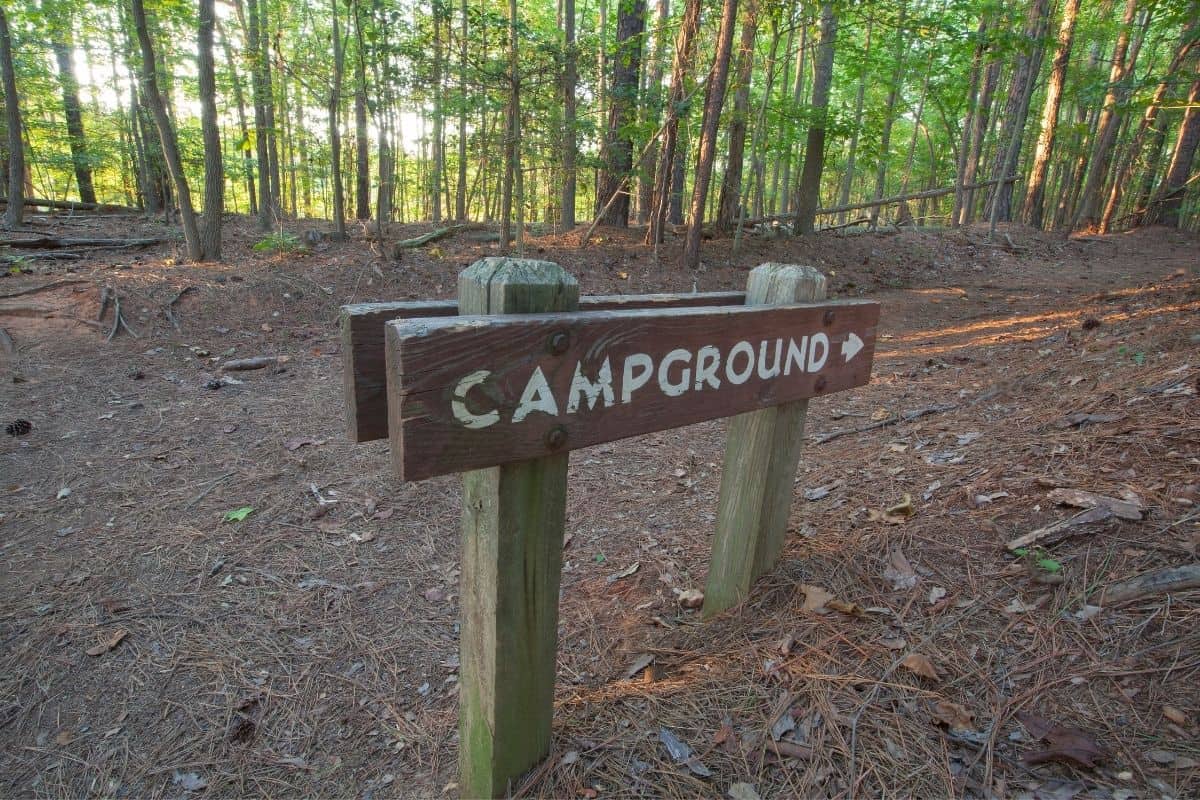
Can I Use a Household Extension Cord to Connect My RV?
A household cord will not be sufficient to connect your RV. The wire gauge you use for the power cord should be able to handle the current to your RV. If the household power cord has a small wire gauge, you could damage the electrical system of your RV or damage the cord.
There are special RV cords that you can use to connect your RV. For a 30-Amp outlet, you need a 10-gauge wire, and for a 50-Amp cord, you need 6-gauge neutral and hot wires and an 8-gauge ground wire.
RV power cords are between 10 feet and 50 feet. You can pick the longest cord for the best reach, but the longer the cord, the more the voltage drop. If the voltage drop is too much, your RV may not be able to run large appliances, such as refrigerators and AC units.
To be on the safe side, pick a cord that is no more than 25 feet. If a shorter cord can suit your needs, you can still go with it.
Do You Need a Surge Protector for Your RV?
Regardless of the electrical outlet at the campsite, you need a surge protector to protect your RV electrical system from damage. You can use devices, such as voltage monitors and surge protectors to ensure that a power surge and improperly wired electrical boxes do not damage your RV electrical system.
A voltage analyzer detects faults in the electrical box and shows any existing issues and then disconnects to protect your system. Voltage monitors can reconnect automatically when the problem in the electrical box is solved.
For the surge protector, pick one that matches the type of plug your RV uses. For instance, if you have a 50-Amp RV, you should pick a 50-Amp surge protector and do the same for a 30-Amp surge protector.
Which Other Hookups Do Campsites Offer?
Campsites offer either a full hookup or a partial hookup. If the campsite you visit offers a full hookup, you are sure that they offer an electrical hookup to run the appliances in your RV. For campsites that offer partial hookups, you may or may not have an electrical hookup.
Most partial hookup sites offer water and electrical hookups. Here, you will have access to an unlimited supply of water with enough power for your devices. An electrical hookup makes it possible for you to run appliances that need a lot of power, such as air conditioners and refrigerators, and TV.
A full hookup includes a sewage hookup. Some sites offer phone and cable hookups with Wi-Fi services, but these are rare. These luxuries will see you paying more at the campsite, but you will not likely have them on a site that offers full hookup.
It is always advisable to do your research to know the kind of hookups a campsite offers. If a campsite does not offer electrical hookups, you need to use alternative power sources, such as solar and generator.
Closing Thoughts
Most campsites have someone to help you with hookups. The electric hookup is easy, and you can make the connection within a few minutes. If you have any problems that might need troubleshooting, there will be someone at the campsite to help you out.
It is important that your RV’s electrical panel is protected from a power surge and wrong connections. If a campsite doesn’t offer the needed hookups, you need to come prepared with a backup power source and the necessary tanks for water and sewage to make your camping experience great.


